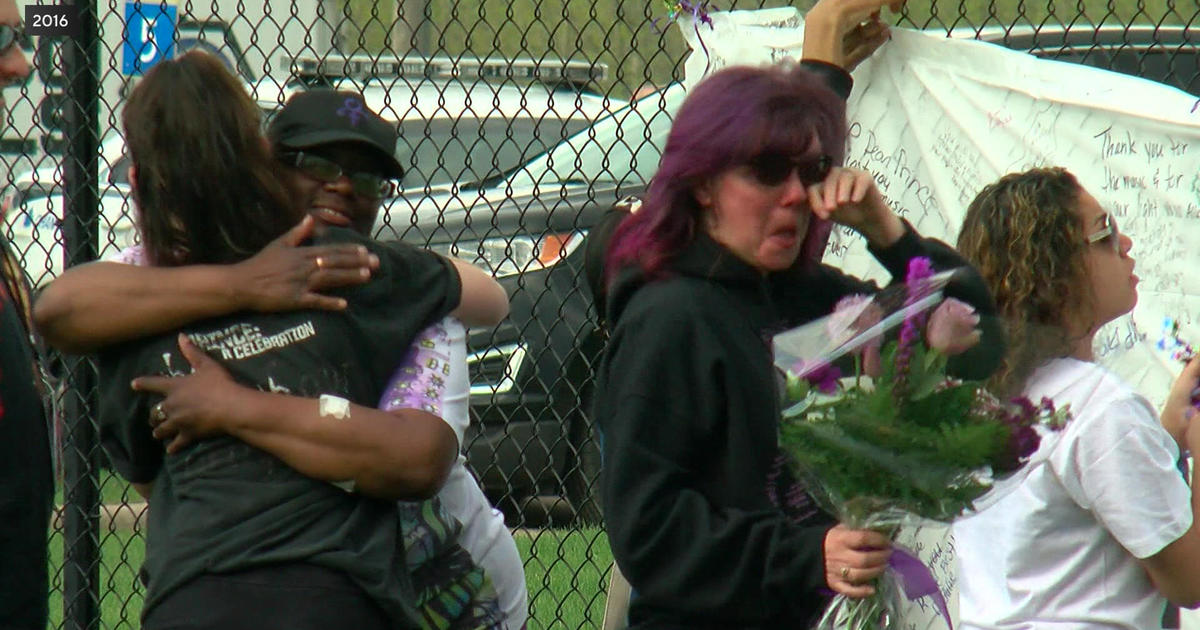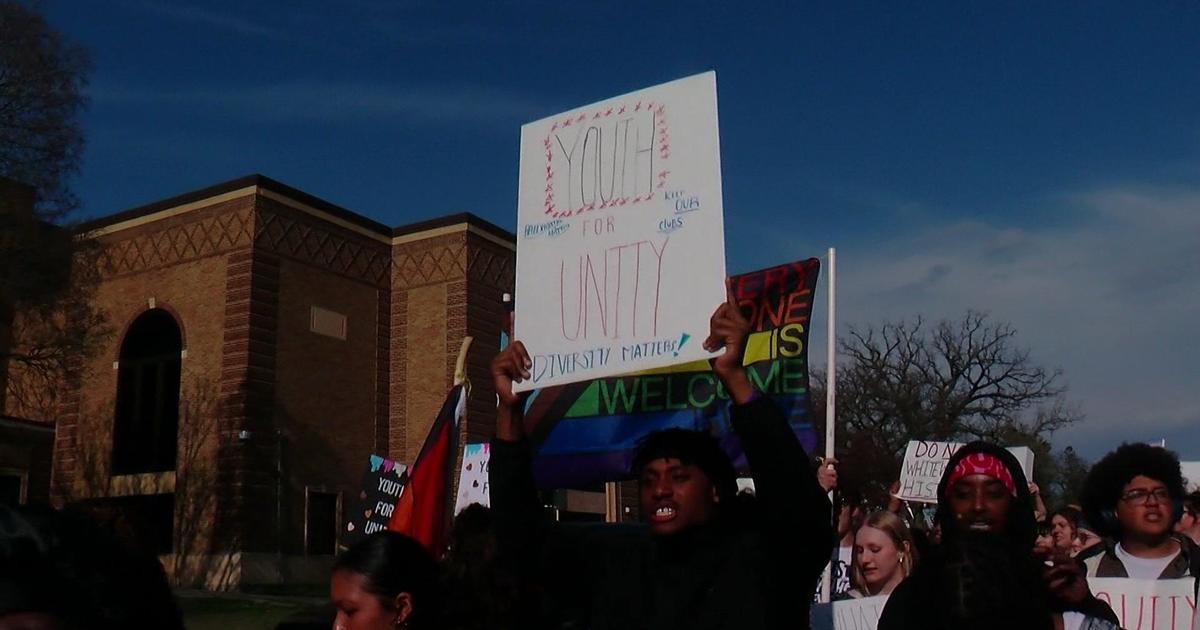I-TEAM: Money For Home Inspections Used To Plug Budget
MINNEAPOLIS (WCCO) -- Minnesota is trying to dig itself out of a massive financial hole. The I-TEAM discovered some creative budgeting at the capitol in St. Paul could be putting your family's well-being and your biggest investment at risk.
Money that used to go for safety checkups in homes is now being used to plug other holes in the state budget. It's sparking serious concerns about the risk of fire in hundreds of homes.
Patricia Harris knows the consequences of an electrical fire. Just weeks ago, she lost the Minneapolis home she was renting to fire.
In another home this summer, two firefighters were badly burned opening a wall in the fire fight. Again, faulty wires were blamed.
The problems are piling up: from quick wire jobs in homes and hospitals, to temporary wiring on new construction sites not up to code. There are even electrical violations at swimming pools across the state. Because of cutbacks, the I-TEAM discovered in some of these cases that shoddy work gets by.
Here's how the Department of Labor and Industry says it supposed work: whoever does electrical work in a home or business pays a fee to the Department of Labor and Industry. That money goes into the Construction Codes and Licensing Division, which in turn spends those fees to send out one of 84 inspectors to check the work. But, Inspectors say the system isn't working the way it should.
Here's the problem: in 2007, the legislature took $1.5 million from the Department of Labor used to pay for electrical inspections. The department says it was supposed to be a one-time transfer but it wasn't. Now, $12 million has been transferred since. Right now, the division is running $800,000 short of what the state budget office said it needs to pay its bills.
James Honerman is a spokesperson for the Department of Labor and Industry. He says the Construction Codes and Licensing Division is running on a day-to-day, dollar-to-dollar basis.
"If you take away those funds that we need to pay inspectors and keep the process flowing, it will put our system here in jeopardy of not being financially stable," Honerman said.
Scott Nutting is one of those 84 inspectors and president of the Contract Electrical Inspectors Association.
"What you're seeing is a lot of unlicensed people doing electrical work without a license," Nutting said.
In 2008, the state took 221 reports of electrical violations. The I-TEAM found that year, just 14 percent of cases resulted in fines. An e-mail from the state to inspectors in 2009 said the state had 333 open files, almost half open for more than a year. Of last year's 139 violations, only about a third were fined.
So why are so few fines being handed out? The state has just one full-time person investigating the reports. The department has been trying to hire someone else to help for years but the money isn't there. Since there isn't much of a crackdown, inspectors say some contractors aren't filing the permit paperwork, so potential problems aren't even on the radar.
Just getting an inspector to the site has been the challenge for electricians like Tony Enger, the Vice President of Harrison Electric. He says the inspectors are taking so long, in some cases contractors can't afford to wait.
"How do you tell a homeowner they just paid thousands of dollars to do something wrong and you come in and say, 'You should really have that fixed,' and they say, 'Well, I already paid for it?'" Enger said.
The trouble doesn't end even when the inspector does the work. Worried about retaliation, one inspector we talked to didn't want to be identified. He told the I-TEAM the state owes him $30,000 for work he's finished. He used to be paid two weeks after a job, now the money is slowly coming in from work he did months ago.
"If there's no money to operate how can you continue," that inspector said.
The money transfer in the budget coupled with less revenue from the drop in construction has only made things worse.
"It has greatly hampered our ability to work and to provide the service someone has already paid for," Honerman said.
The division has laid off 13 people, cut inspector's pay, and canceled training for electrical inspectors.
We asked Honerman if he thinks things will change for the Department of Labor this year.
"I'm not sure, but what I do know is we need to keep asking because at some point we can no longer sustain this type of electrical inspection activity," Honerman said.
State Representative Tim Mahoney, a democrat representing St. Paul, is on the Jobs and Economic Development Committee. He'll also be asking to pull the plug on the law that left the labor department short.
"My safety, your safety, the safety of the citizens of Minnesota is getting compromised by not checking to make sure that that licensed contractor did the job right," Rep. Mahoney said.
It could take years for the problems to surface, like it did for Harris or the two firefighters who jumped in to save a home. Both were electrical fires that highlight what could happen if power isn't restored to the system that's supposed to be the first step in prevention.
Last year, higher permit fees were passed on to try to make up for some of that money.
Interested in more? Click here to find a licensed electrician to do the work in your home. Click here to business or to check out the violations the state has closed.



